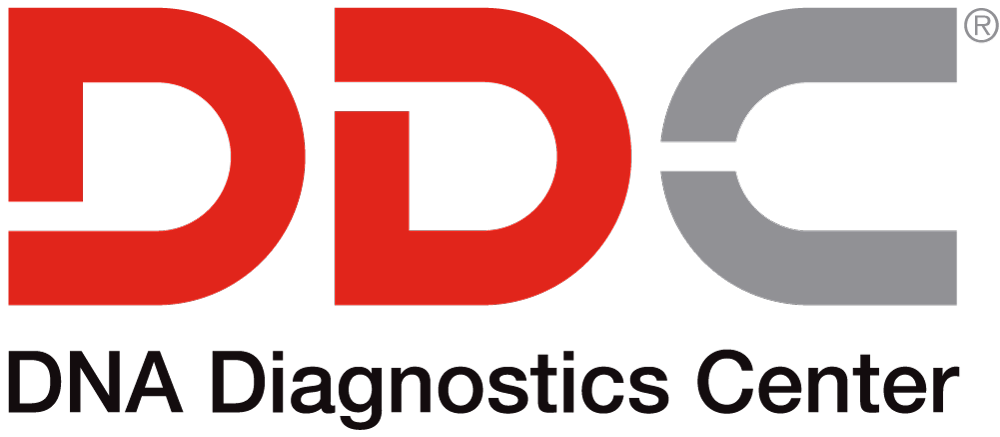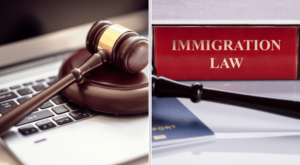OCTOBER 16, 2019
How to Avoid These Common Immigration DNA Mistakes
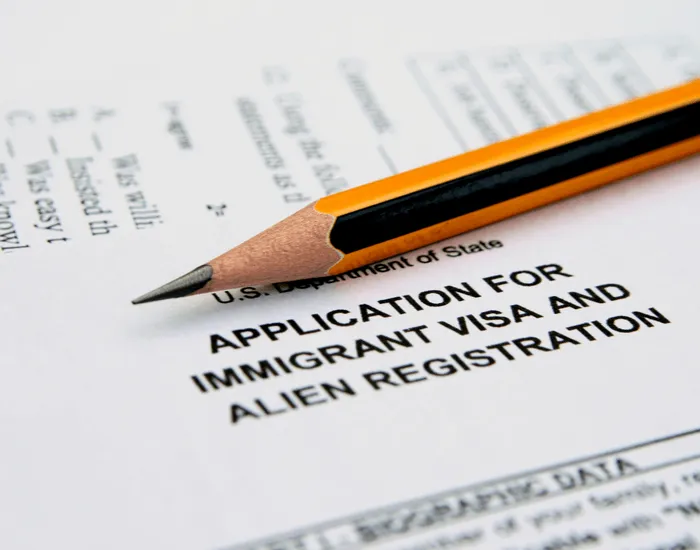
Gregoir G. wanted desperately to join his sister Bettina and cousin Robert in the United States. With economic opportunities drying up at home, he was ready for a fresh start in a new country. He was certain he filled out and filed the immigration forms correctly. Since he didn’t have a valid birth certificate, he obtained proof of biological relationship with Bettina through immigration DNA testing. He waited. And waited again…only to find out his application was denied by the U.S. Citizenship and Immigration Services (USCIS).
So what happened?
Gregoir made a common error with the process that could have been prevented with a little bit of research and the right advice. Here are some of the most common immigration DNA mistakes and how to avoid them.
Not Choosing an AABB-Accredited Lab for Immigration DNA
The USCIS requires that all immigration DNA testing be ordered through and performed by a laboratory accredited by the AABB, an independent organization that sets standards for processes and quality-control for DNA testing. Unfortunately, Gregoir and his sister didn’t choose an AABB-accredited lab for their test, and so the USCIS denied his application.
How to avoid this mistake: The AABB website maintains a current list of accredited testing facilities in your state, so you can be sure you’re choosing the right one.
Performing DNA Testing before Authorization is Given
Performing a DNA test early in order to prove a biological relationship sounds like a good idea, but it can definitely be a mistake—even if it’s performed by an AABB-accredited lab. You should always wait to receive paperwork from USCIS or other agency that specifically requests immigration DNA testing. Presenting unauthorized DNA-test results to USCIS may result in a delay or rejection. In fact, USCIS may require that you repeat your test at your own expense.
How to avoid this mistake: To prevent delays and the unnecessary expense of another test, be sure to have the paperwork from USCIS in hand before ordering and paying the lab for your test.

Initiating the Test Process Too Late to Meet Deadlines
Once you receive the authorization from USCIS to have a DNA test performed and you have paperwork in hand, USCIS generally gives a deadline of about 90 days for the testing to be completed. Petitioners often underestimate the amount of time it takes for the beneficiary to be tested in the foreign country.
GET A FREE EXPERT CONSULTMarc Brown, DNA Diagnostics Center manager over immigration testing, says: “Even if everything goes smoothly, it takes time to coordinate with the embassy and make arrangements for DNA collection. If the petitioner waits two months before calling us and ordering the test, they might not meet the 90-day deadline set by UCIS.”
How to avoid this mistake: To prevent “cutting it too close” and possibly missing USCIS deadlines for testing, be sure to contact the lab and order the test as soon as authorization is given.
Providing Incorrect or Incomplete Information for Beneficiary
The embassy in the beneficiary’s foreign country is the one who makes contact with that beneficiary to arrange DNA testing, and it’s the petitioner’s responsibility to ensure that correct contact information is provided. If you make a mistake in the beneficiary’s phone number or email address, the embassy will not be able to contact them successfully, resulting in delays or missed deadlines. The beneficiary also needs to bring ID and a photo of themselves to the collection appointment to satisfy chain-of-custody requirements.
How to avoid this mistake: Double- and triple-check all contact information you provide for testing to ensure it’s correct. It’s also essential to remind the beneficiary to check their email often so that they don’t miss correspondence from the embassy. The petitioner should remind the beneficiary to bring their ID and extra photo to the collection appointment.
The Bottom Line
Making common mistakes during the immigration DNA testing process can cost time, money, and heartache, as Gregoir and Bettina found out the hard way. But most can be avoided by understanding the requirements, double-checking information provided, and being proactive in meeting USCIS deadlines.
About DNA Diagnostics Center (DDC)
DNA Diagnostic Center is the world leader in paternity and relationship testing. We serve healthcare professionals, government agencies, and individuals around the world to determine family relationships with trusted accuracy.
More Questions? Don’t hesitate to call us: we’re here to help!
CALL NOW